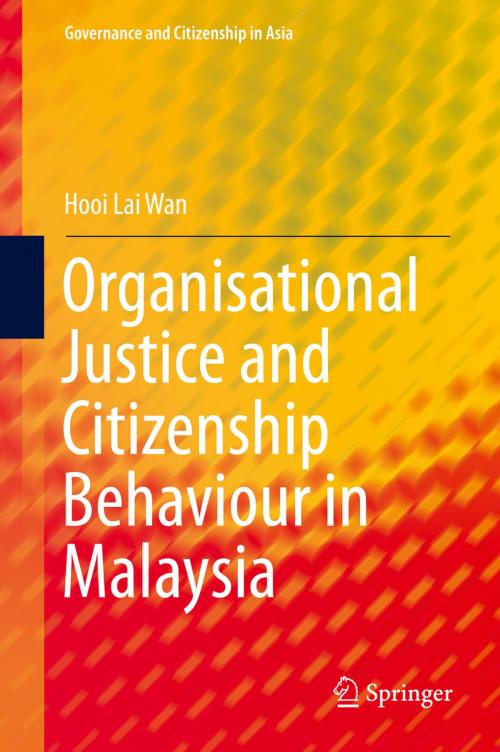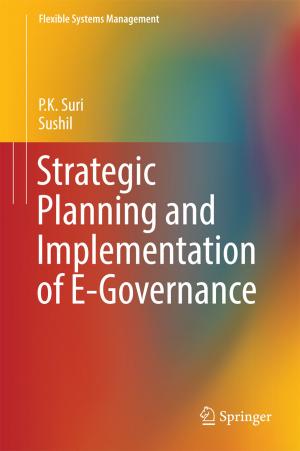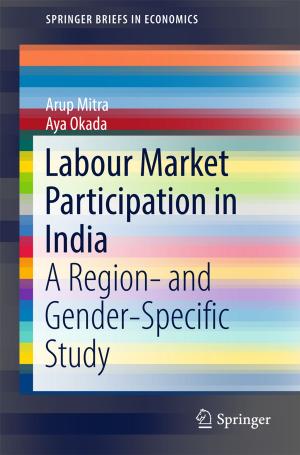Organisational Justice and Citizenship Behaviour in Malaysia
Nonfiction, Reference & Language, Education & Teaching, Administration, Business & Finance, Business Reference| Author: | Hooi Lai Wan | ISBN: | 9789811000300 |
| Publisher: | Springer Singapore | Publication: | December 22, 2015 |
| Imprint: | Springer | Language: | English |
| Author: | Hooi Lai Wan |
| ISBN: | 9789811000300 |
| Publisher: | Springer Singapore |
| Publication: | December 22, 2015 |
| Imprint: | Springer |
| Language: | English |
This book presents the current state of knowledge concerning developments in organisational behaviour and human capital management in the new millennium. It features an in-depth study among managerial staff in the manufacturing sector in Malaysia to reflect employee perceptions of organisational justice, organisational citizenship behaviour, job satisfaction and manager-employee exchanges. Specifically, it seeks to establish the relationships between these constructs to better manage human capital. With globalisation and the increased career mobility of young talents, organisational citizenship behaviour is of paramount importance in order to retain these workers. The study’s greatest contribution is its identification of key indicators that influence organisational citizenship behaviour. Knowing which type of organisational justice is salient for each construct allows the management to proactively improve conditions at the workplace. In essence, this book is intended to draw attention to those aspects of managing human capital that ought to receive the most attention, but are often overlooked in practice. In light of ongoing global challenges, it seeks to improve governance at the workplace. It offers a valuable resource for researchers and practitioners alike, as well as graduate students writing their dissertations.
This book presents the current state of knowledge concerning developments in organisational behaviour and human capital management in the new millennium. It features an in-depth study among managerial staff in the manufacturing sector in Malaysia to reflect employee perceptions of organisational justice, organisational citizenship behaviour, job satisfaction and manager-employee exchanges. Specifically, it seeks to establish the relationships between these constructs to better manage human capital. With globalisation and the increased career mobility of young talents, organisational citizenship behaviour is of paramount importance in order to retain these workers. The study’s greatest contribution is its identification of key indicators that influence organisational citizenship behaviour. Knowing which type of organisational justice is salient for each construct allows the management to proactively improve conditions at the workplace. In essence, this book is intended to draw attention to those aspects of managing human capital that ought to receive the most attention, but are often overlooked in practice. In light of ongoing global challenges, it seeks to improve governance at the workplace. It offers a valuable resource for researchers and practitioners alike, as well as graduate students writing their dissertations.















